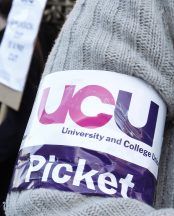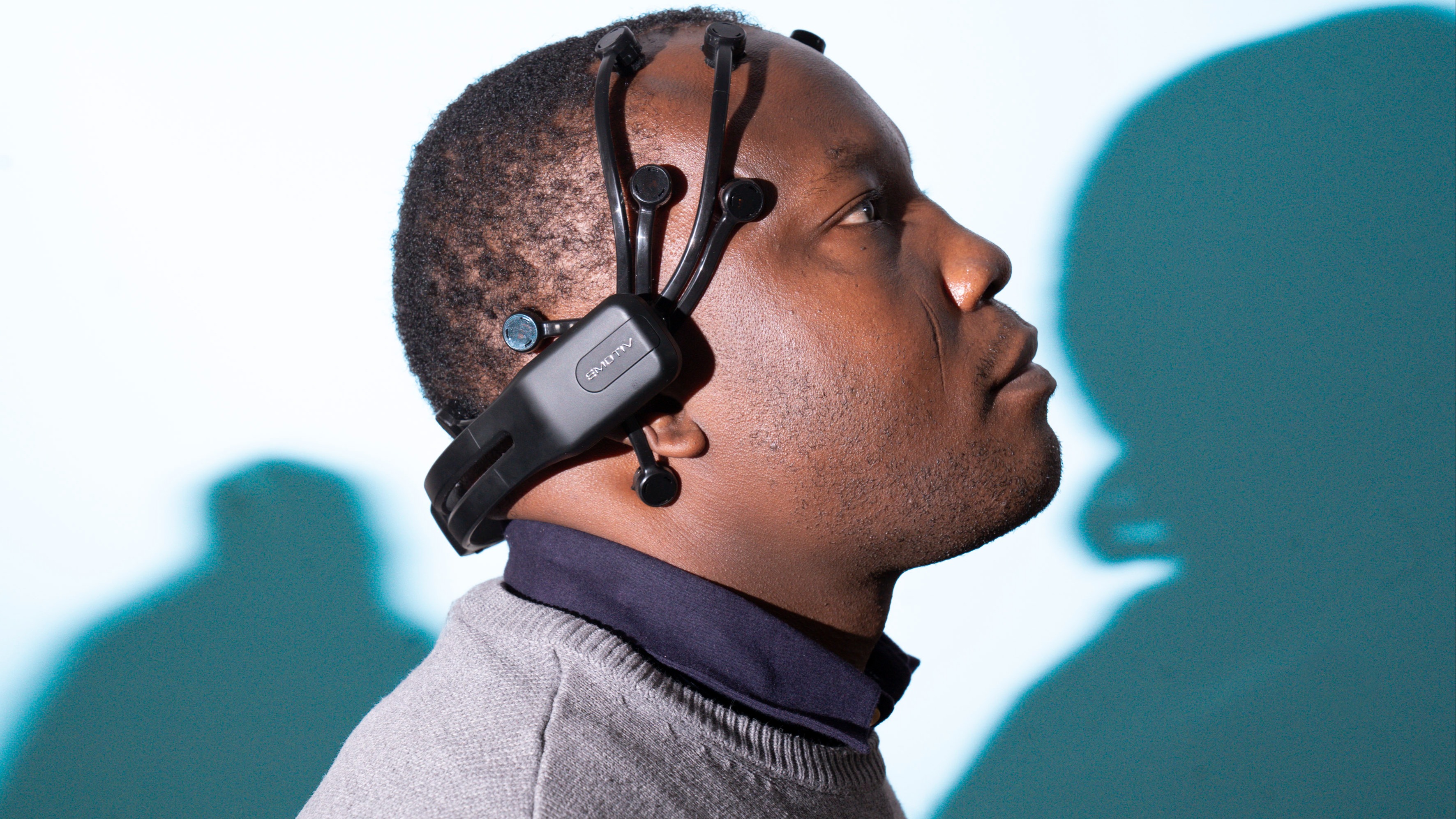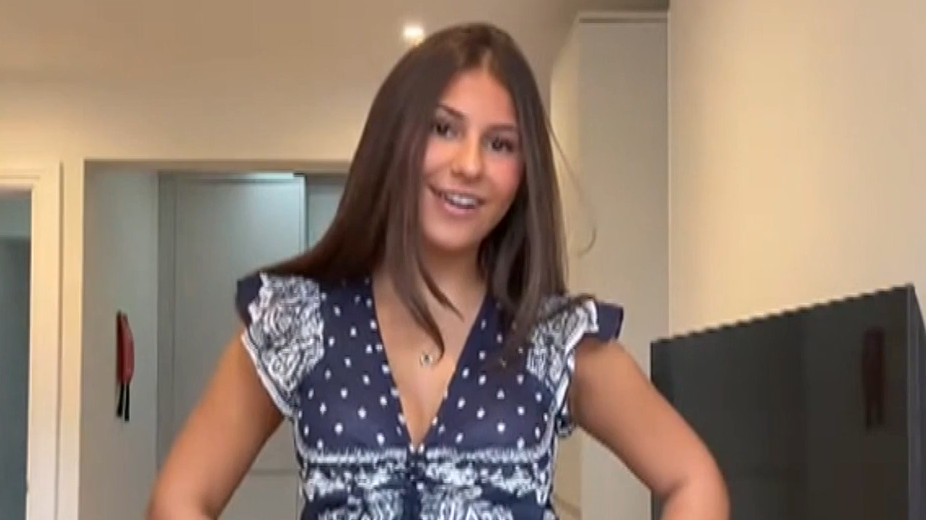As investigation into veterinary pricing has launched amid concerns pet owners across the country could be overpaying for medicine or prescriptions.
The Competition and Markets Authority (CMA) has announced it is looking into evidence that people could be paying too much for their pet’s treatment.
The watchdog received more than 56,000 responses to its initial review – including 11,000 from those working in the vet industry which includes around a fifth of UK vets and veterinary nurses.
Sarah Cardell, chief executive of the CMA, said the investigation was “critical” for the UK’s 16m pet owners.
“The unprecedented response we received from the public and veterinary professionals shows the strength of feeling on this issue is high and why we were right to look into this,” she said.
She added that there were concerns that pet owners found it difficult to access basic information like price lists and prescription costs.
The CMA said that 80% of the vet practices it checked had no pricing information online.
As well as the regulation in the industry dating back to 1966, before non-vets were able to own practices, Ms Cardell said the initial review identified multiple concerns with the market.
The vet industry in the UK is worth over £2bn with almost two-thirds of households in the UK owning a pet after a “significant” increase during the Covid-19 pandemic.
Other concerns following the market review included
-
 Pet owners could be overpaying for medicines or prescriptions
Pet owners could be overpaying for medicines or prescriptions -
 Pet owners not being given enough information to help them choose the best practice or right treatment
Pet owners not being given enough information to help them choose the best practice or right treatment -
 Concentrated local markets, potentially leading to weaken competition and reduce options
Concentrated local markets, potentially leading to weaken competition and reduce options -
 The regulatory framework is outdated and may no longer be fit for purpose
The regulatory framework is outdated and may no longer be fit for purpose
Following an initial review the watchdog has launched a formal market investigation meaning it could directly intervene in the future.
British Veterinary Association (BVA) president Dr. Anna Judson, said the investigation provides a “valuable” opportunity to reflect on how veterinary teams and practices can offer the best possible service.
Dr Judson added that the rising prices were a concern for everyone but added that it was “vital to recognise there is no NHS for pets”.
“Whether they are employed by corporate or independently owned practices, vets deliver highly specialised, tailored care for the UK’s pets and the cost is a fair reflection of investment in medical equipment, supplies and medicines, and the time vet teams dedicate to the care of each patient,” she said.
The BVA said they were already taking sets to support vet practices in being more transparent with cost and ownership adding they “keen” to see healthy competition and consumer choice.
“It’s important that clients have as wide a choice of vet practices as possible so they can find a service that best suits the needs of themselves and their animals.”
Overall the BVA welcomed the CMA’s call for reform of the “outdated” Veterinary Surgeons Act saying it was something they had called for.
“As the legislation stands, it’s not fit for purpose and is failing both vet teams and clients.”
Dr Judson asked the public not to “pre-empt” the decision of the CMA’s investigation.
“When the CMA launched its initial review, vet teams in practice found themselves on the end of really unpleasant, often abusive behaviour, which is unacceptable,” she said.
“It’s important to remember that vets enter this high-pressure profession out of genuine care for animals and will always prioritise their health and welfare.”
Follow STV News on WhatsApp
Scan the QR code on your mobile device for all the latest news from around the country





























